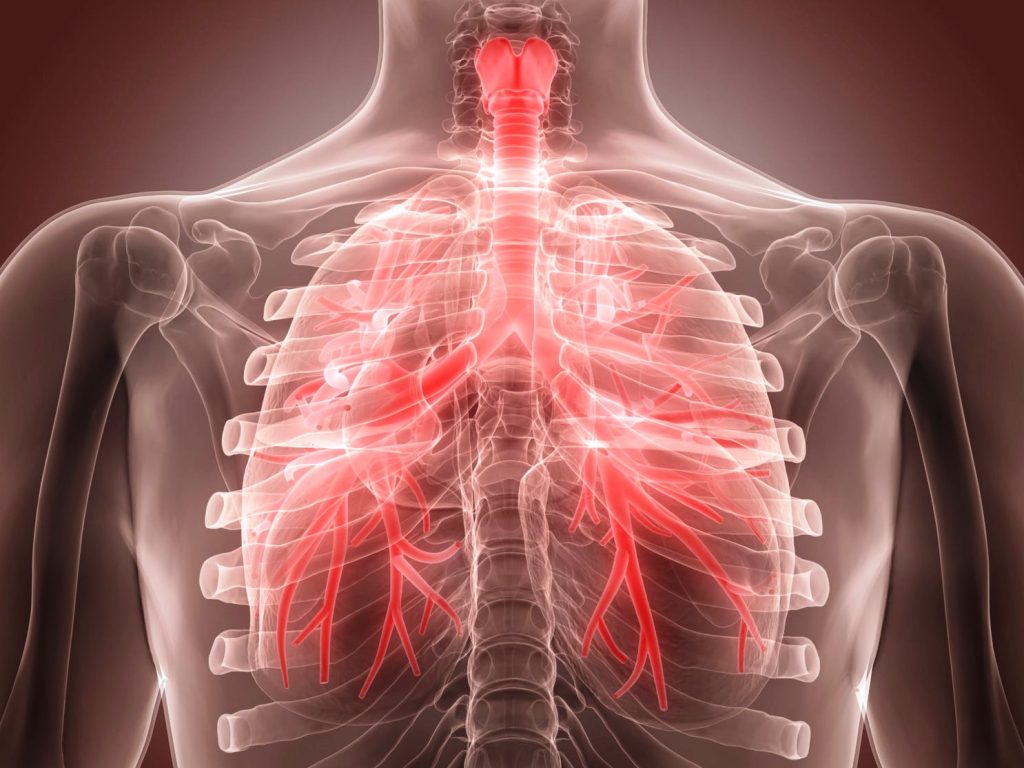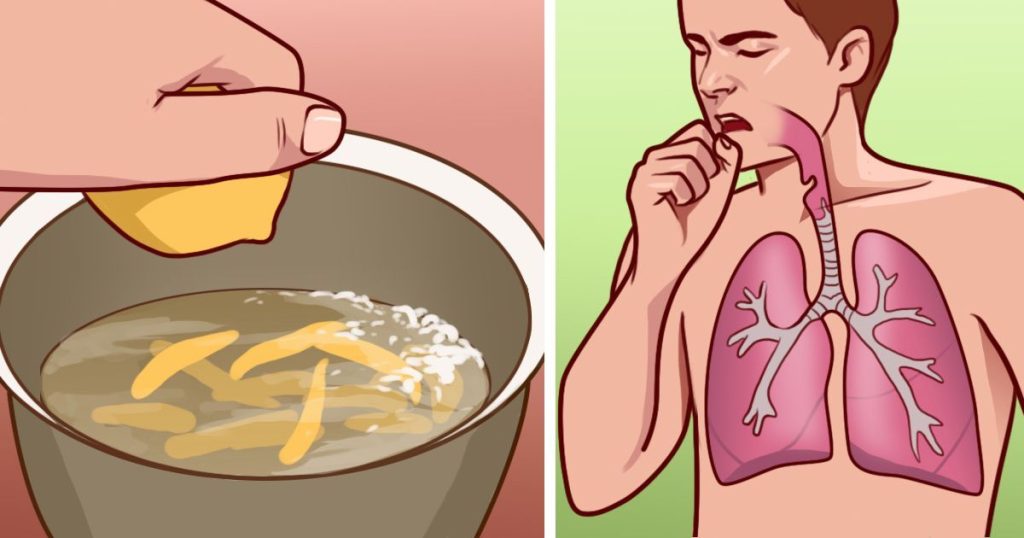What Are Asthmatic Bronchitis Symptoms?
What Are Asthmatic Bronchitis Symptoms? You may experience wheezing, shortness of breath, coughing, and sore throat during an asthma attack.
Table of contents
These symptoms may be severe, and you should contact your doctor right away if you notice any of these symptoms. Some people may require treatment with supplemental oxygen.
Bronchitis is an inflammatory condition of the bronchial tubes. Inflammation causes these to swell, making flow harder. This swelled tissue causes excess mucus to form, which is often green, yellow, or white.
Thphlegmus may be streaked with blood. You may also experience bronchitis symptoms, such as fatigue, shortness of breath, and chest pain. Some people may also experience a sore throat, a mild fever, and a runny nose.

Bronchitis is a common respiratory infect virüs or contagious bacteria that can cause bacteria. People with asthma are more likely to get chest cold. It is also possible to develop bronchitis are exposed to environmental pollutants.
You can prevent chest cold by washing your bed linens in hot water and using HEPA air filters.
Acute and asthmatic bronchitis is characterized symptoms by a cough that lasts for three to ten days. In addition to coughing, you may have a fever, sore throat, and body aches. You may also expert white, clear, or yellow couch yellow.
Chronic chest cold is characterized by coughing that lasts for more than three months. You may also experience chest pain and discomfort in the center of your chest. You may also experience mucus that is clear, yellow, or green.
How Do I Treat Asthmatic Bronchitis?
Fortunately, asthmatic bronchitis symptoms can be controlled. But knowing how to treat it is essential. Several different factors can cause chest cold. It may also occur with other respiratory diseases, such as emphysema or chronic obstructive pulmonary disease (COPD).
Asthma affects the airways in the lungs, making them tight. This leads to inflammation, which can cause coughing and shortness of breath. Asthma can also lead to excess mucus production, further narrowing the airways.
There are two types of asthma treatment: preventer and reliever medicines. Taking preventer medicines every day can help prevent asthma attacks. They are usually inhaled through an inhaler.
However, if you take these medicines daily, you may experience side effects. In more severe cases of asthma, you may need to use oxygen. You can also use a cool-mist humidifier to help thin mucus secretions. You may also need to take antibiotics.

It would be best to stop taking your asthma medications without talking to your doctor. They may recommend a change in your medications or more frequent visits.
Your doctor can also recommend an action plan to help manage asthma. These steps include keeping up with vaccines, practicing proper hygiene, and avoiding specific triggers.
In addition, your doctor may prescribe steroids, which suppress the disease. Steroids can be taken quickly, but they can lead to drug-resistant asthma.
Your doctor may also recommend a pneumonia shot, especially if you have heart problems or diabetes. This shot may be given at your doctor’s office or home using an auto-injector device.
How Long Does Asthmatic Bronchitis Last?
Typically, asthmatic bronchitis is less common than the general public may assume. It is a disease that a variety of factors can trigger. However, knowing the difference between asthma and bronchitis is essential to understand how to treat the condition.
Bronchitis is a condition that causes inflammation in the airways. Viruses, bacteria, or environmental irritants may cause it. It is a lifelong condition that must be adequately treated.
It can be managed with the help of a health professional. If it is a bacterial infection, antibiotics can be prescribed. Symptoms of chest cold are similar to those of asthma, including a cough.

Bronchitis is usually caused by a virus but can also be caused by other factors. People who are exposed to environmental irritants or have a weakened immune system are more likely to develop chronic chest cold. Bronchitis symptoms include cough, shortness of breath, and chest pain.
Symptoms may persist for several weeks. Bronchitis may also be accompanied by chest congestion and a slight fever. You may relieve some of the symptoms by using over-the-counter medicines. You may also need to use an inhaler.
After that you may have to go to the doctor to get medical treatment if your symptoms are severe. A doctor will perform a physical examination and ask about your history.
They may also order blood tests and a chest X-ray. Your doctor may prescribe antibiotics for bacterial bronchitis. This is done to shorten the disease’s length and help the body fight the infection. Antibiotics may cause side effects, however.
Can Bronchitis Turn Into Pneumonia?

Symptoms of pneumonia include chills, fever, chest pain, difficulty breathing, and cough. Some people also experience bluish lips and fingers. Depending on the cause, pneumonia can be life-threatening for children and adults. Bacteria, viruses, or fungi can cause pneumonia. Antibiotics are used to treat pneumonia.
Can Bronchitis Make Asthma Worse?

Certainly bronchitis has the potential to worsen asthma symptoms. Both conditions involve inflammation of the airways. When they occur together they can result in coughing, wheezing, difficulty breathing and increased production of mucus.
People, with asthma who experience bronchitis may notice that their usual asthma medications are not as effective and may need to consider treatments or adjustments, to their management plan.
Does Asthmatic Bronchitis Go Away?

Asthmatic bronchitis is a term used to describe bronchitis that happens in individuals who have asthma. While bronchitis is typically caused by an infection and can improve over time or, with treatment asthma itself is a condition.
Effective management of asthma can help decrease the frequency and intensity of bronchitis episodes as other respiratory infections.
What Happens If You Have Asthma and Get Bronchitis?

When someone who has asthma catches bronchitis the inflammation and irritation, in their airways can get worse causing respiratory symptoms. They might notice coughing, wheezing, difficulty breathing and tightness in the chest.
It’s really important for people with asthma to keep an eye, on their symptoms stick to their asthma management plan and reach out to a healthcare provider if they suspect bronchitis or if their asthma symptoms worsen.
You can find more detailed information about asthma bronchitis by clicking here. Or want to read: Is Sore Throat a Symptom of COVID-19? Click here for read.





